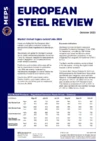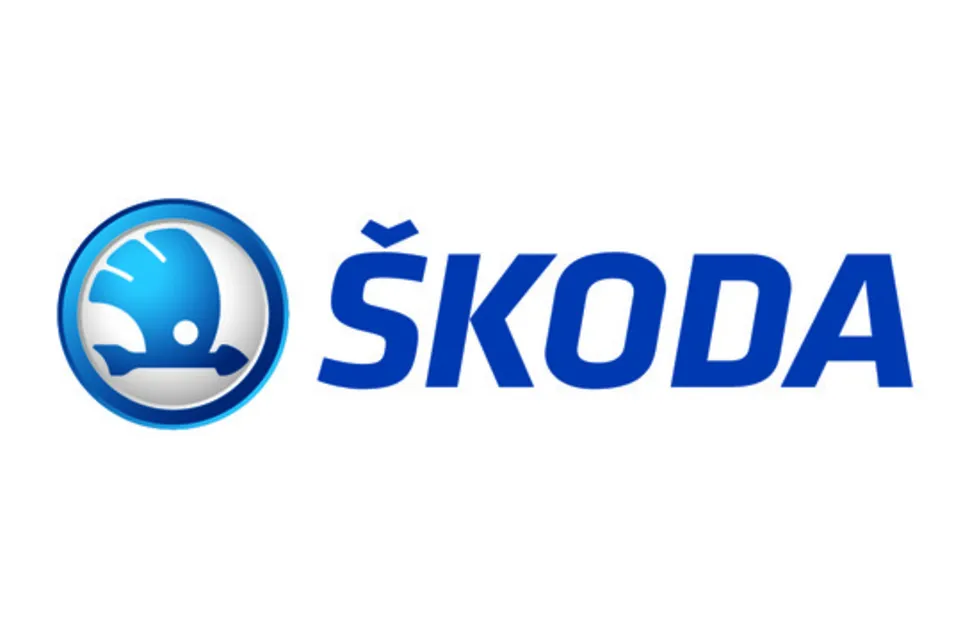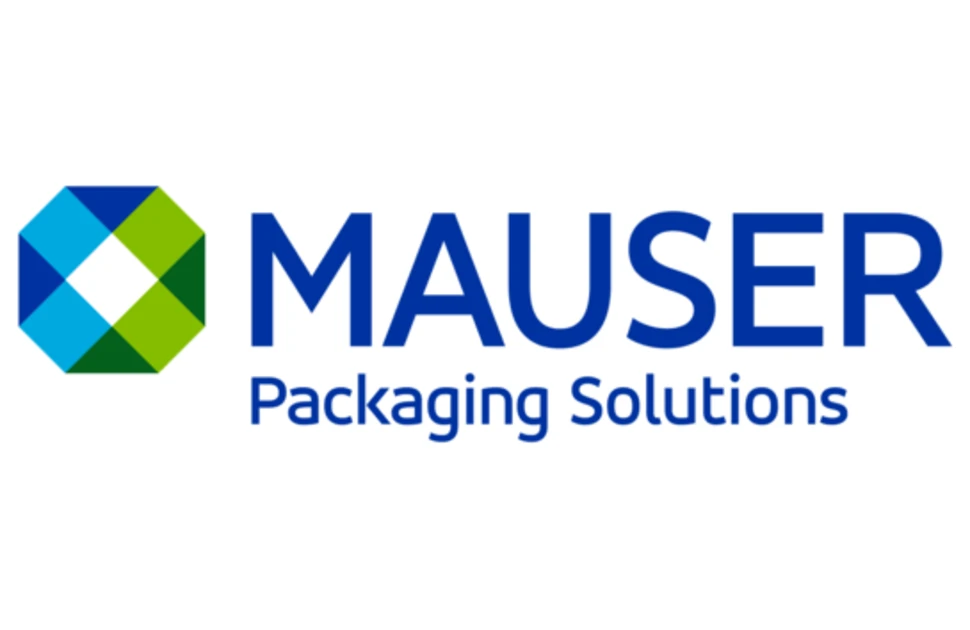US tariffs to reduce European carmakers' steel demand
Suppliers to Europe’s automotive sector fear a reduction in steel demand as a result of the 25% import tariffs imposed by the United States on March 26.
A 90-day pause on the US government’s “reciprocal” trade tariff of 20% on all EU goods, in favour of a blanket 10% rate, brought some relief for manufacturers on April 9. However, the move by US President Donald Trump, which prompted the European Commission to withdraw its planned retaliatory tariffs, left 25% tariffs in place for steel and automotive products.
Subdued electric vehicle (EV) demand and financial challenges in the EU automotive sector led to protracted negotiations over annual steel buying contracts as buyers sought discounts of around EUR100 per tonne from steelmakers. Many negotiations, which are normally completed in quarter four, extended well into quarter one of this year. Now suppliers to Europe’s automotive sector, which consumes around 17% of EU steel, fear a further decline in demand and downward pressure on prices.
- This article was first featured in the April edition of MEPS International's European Steel Review. The monthly publication features steel prices, indices, commentaries and forecasts covering key markets across Europe. Contact MEPS for details of how to subscribe.
During April’s research, MEPS respondents said that Germany’s automotive demand had remained stable, year-on-year, in the first three months of the 2025. Eurofer has forecast that EU car production will increase by 2.1% this year, recovering slightly from a decline of 6.2%, to 14.8 million units, in 2024.
Declining exports to US
An decline in US demand is expected to present further challenges to a sector already navigating the transition to EVs and increased competition from China. Modelling carried out by economic advisory firm Oxford Economics suggests that German and Italian automotive exports could fall by 7.1% and 6.6%, respectively, as a result of President Trump’s tariffs. Spanish and French exports are projected to experience smaller declines of 2.4% and 2.3%, due to their smaller market exposure.
In 2024, 22% of the EU’s automotive exports – almost 760,000 new vehicles, valued at EUR38.9bn – were shipped to the US. Two-thirds of that total comes from Germany. Audi is among the brands most exposed to the tariffs as, unlike rivals BMW and Mercedes, it produces no cars in US factories. In 2024, Audi exported 196,576 vehicles to the US market – 14% down on 2023’s 228,550 units.
In the UK, Jaguar Land Rover paused its shipments to the US in April as it considered the cost of the countries’ new import tariffs on its sales. In quarter three last year, it shipped 38,000 cars to the US.
Long-term importance of automotive steel demand
Some European steel suppliers are concerned that European carmakers could move some of their production to the US in order to avoid tariffs. Uncertainty over whether tariffs will be maintained for the long term makes planning difficult, however.
As Europe transitions towards decarbonisation, the automotive sector is seen as a lead market for green steel, as envisaged by the European Commission’s EU Clean Deal. However, one MEPS respondent said that some domestic mills had reduced their reliance on the automotive sector due to 2024’s subdued demand and the intense price negotiations that followed.
Imports of automotive grade galvanised coils have been restricted by the application of a 20% cap on individual nations’ use of the EU safeguard measures “other countries” quota. On April 2, imports from China and Turkey quickly exceeded their tariff-free allowance by 17% and 18%, respectively.
After a challenging 2024, Europe’s steel industry needs demand from other steel-consuming sectors to strengthen, mitigating any shortfall in automotive. Trump’s tariffs currently pose a further risk to the sustainability of steel price rises reported in this month’s European Steel Review.

Source:
European Steel Review
The MEPS European Steel Review is an informative, concise and easy-to-use monthly publication, offering unique professional insight into European carbon steel prices.
Go to productRequest a free publication





